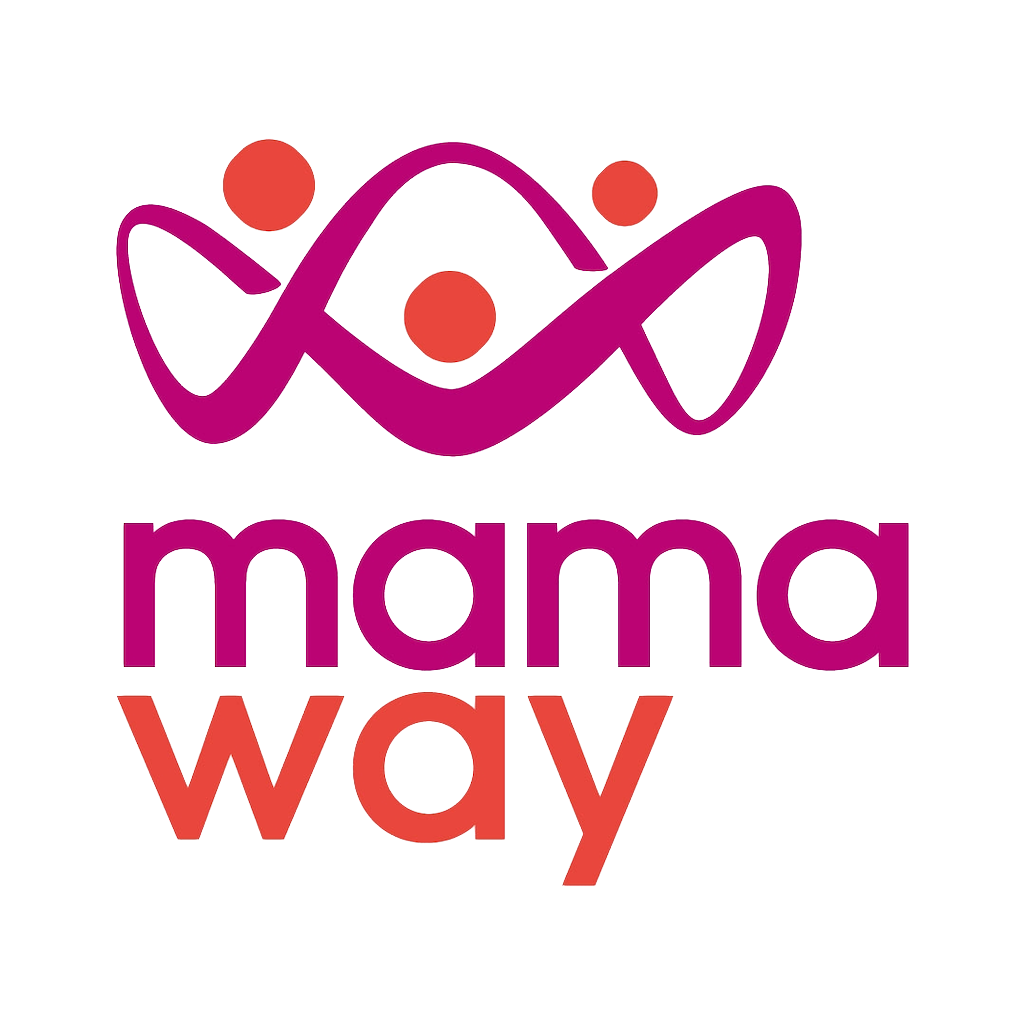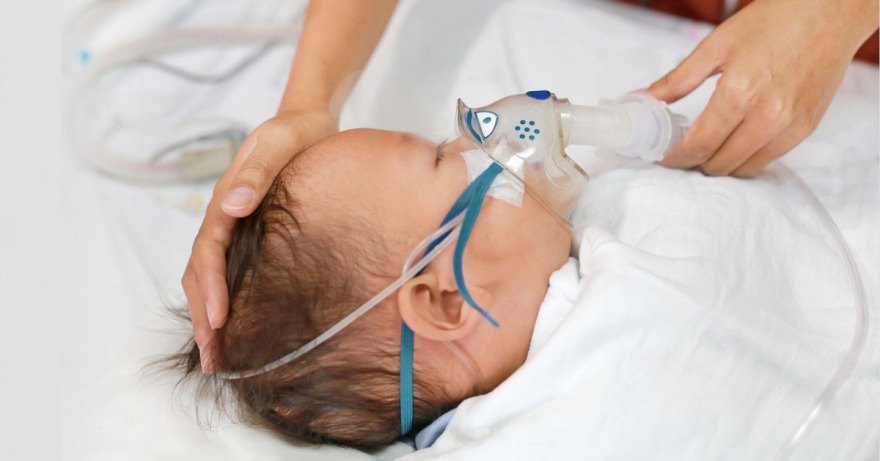Respiratory syncytial virus (RSV) is a common infection affecting the lungs and respiratory tract, often experienced by children before the age of 2. This virus can also affect adults.
RSV can lead to severe infection in certain individuals, particularly babies aged 12 months and younger, especially premature infants, older adults, individuals with heart and lung conditions, or those with weakened immune systems.
What causes RSV in children?
RSV is spread when a child comes into contact with fluid from an infected person’s nose or mouth. This can occur if a child touches a contaminated surface and then touches their eyes, mouth, or nose. It may also happen when inhaling droplets from an infected person’s sneeze or cough.
Symptoms
Symptoms typically start about 2 to 5 days after contact with the virus.
In adults and older children, RSV usually causes mild cold-like signs and symptoms. These may include:
- Runny nose
- Fever
- Cough
- Short periods without breathing (apnea)
- Trouble eating, drinking, or swallowing
- Wheezing
- Flaring of the nostrils or straining of the chest or stomach while breathing
- Breathing faster than usual, or trouble breathing
- Turning blue around the lips and fingertips
Most children and adults recover in one to two weeks, although some might have repeated wheezing. Severe or life-threatening infection requiring a hospital stay may occur in premature infants or in anyone who has chronic heart or lung problems.
Prevention and Treatment
Prevention
Take preventive measures to help reduce the spread of RSV and other respiratory illnesses:
- Getting an RSV vaccine if you are 32-36 weeks pregnant during RSV season.
- Getting an RSV antibody immunization for your baby if they are younger than 8 months.
- Stay home when sick.
- Cover your coughs and sneezes with a tissue or your shirt sleeve, not your hands.
- Wash your hands often with soap and water for at least 20 seconds.
- Avoid touching your face with unwashed hands.
- Avoid close contact with others, such as kissing, shaking hands, and sharing cups and eating utensils.
Treatment
Like all colds, there is no medication to cure RSV. However, here’s how you can ease your child’s discomfort at home:
- Clear up congestion by putting a drop or two of nasal saline in each nostril if your little one can’t (or won’t) blow their nose.
- Pick up steam by running a cool mist humidifier in your child’s bedroom and giving them steamy baths.
- Let honey help. If your child is at least a year old, try giving them honey to help relieve their cough.
- Relieve pain by giving acetaminophen (if over 2 months of age) or ibuprofen (if over 6 months of age) as needed for fever or discomfort.
- Stay hydrated. For infants, breast milk or formula are best for hydration because of their nutrients.
RSV Versus Covid-19
Because RSV and coronavirus disease 2019 (COVID-19) are both types of respiratory viruses, some symptoms of RSV and coronavirus disease 2019 (COVID-19) can be similar. In children, COVID-19 often results in mild symptoms such as fever, runny nose and cough. For adults with COVID-19, symptoms may be more severe and may include trouble breathing.
Having RSV may lower immunity and increase the risk of getting COVID-19 — for kids and adults. And these infections may occur together, which can worsen the severity of COVID-19 illness.
If you have symptoms of a respiratory illness, your doctor may recommend testing for COVID-19.

Source: cedars-sinai.org


Leave a Reply